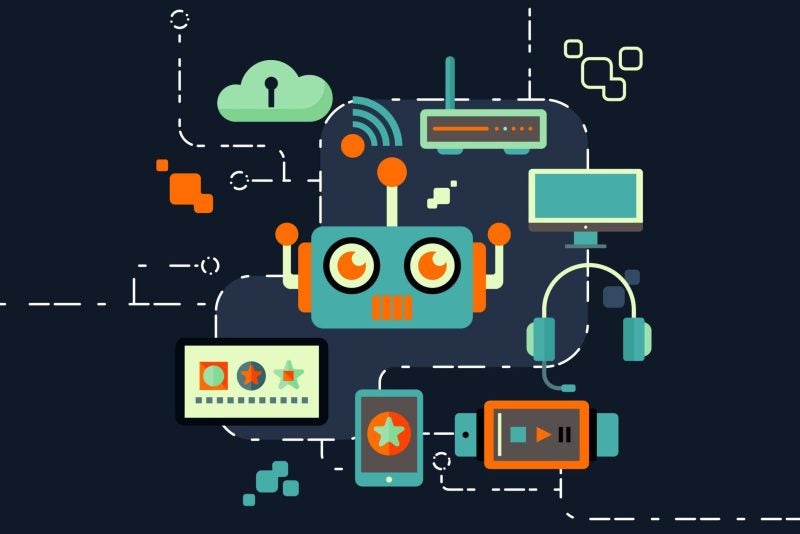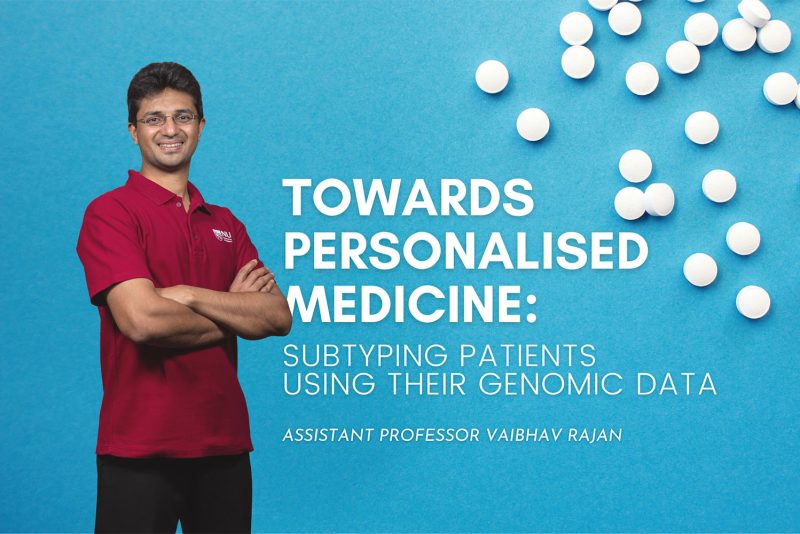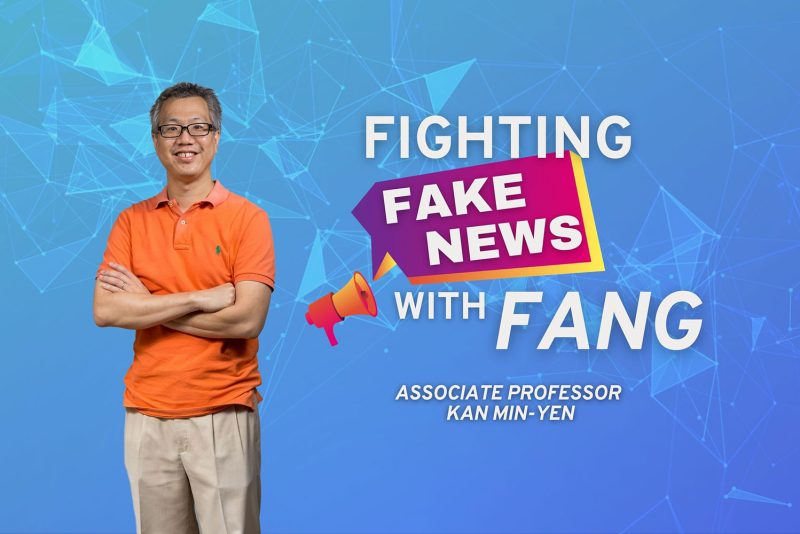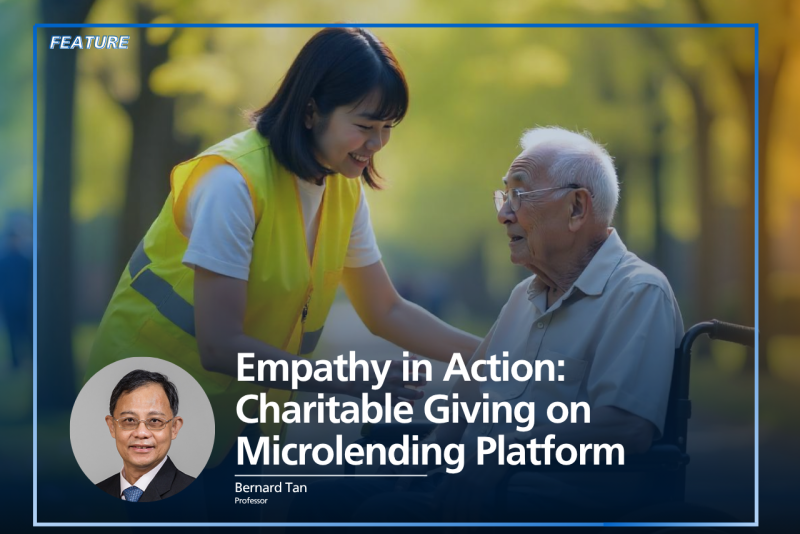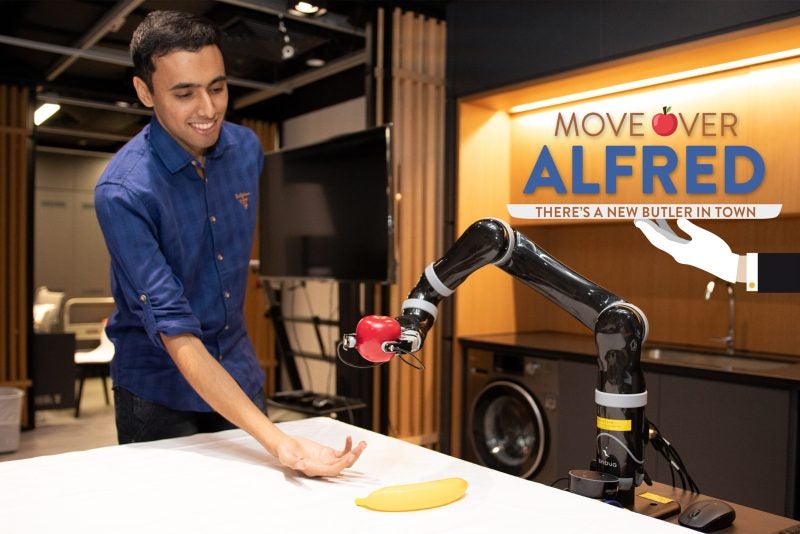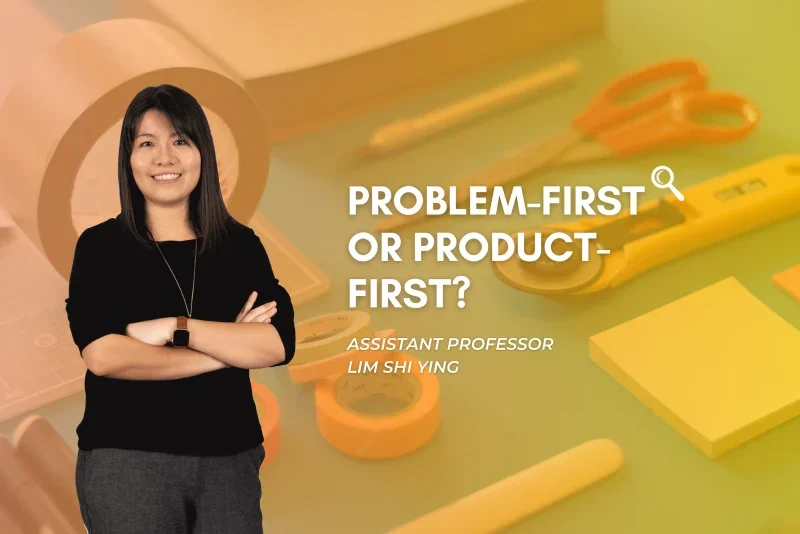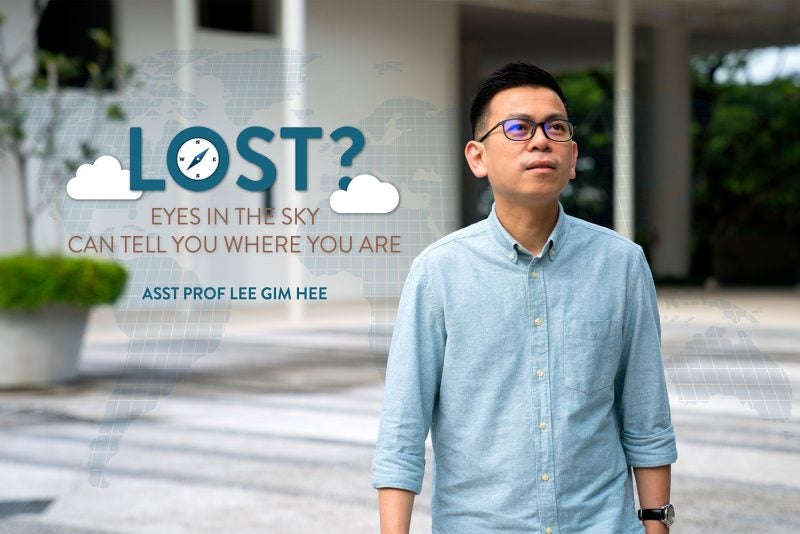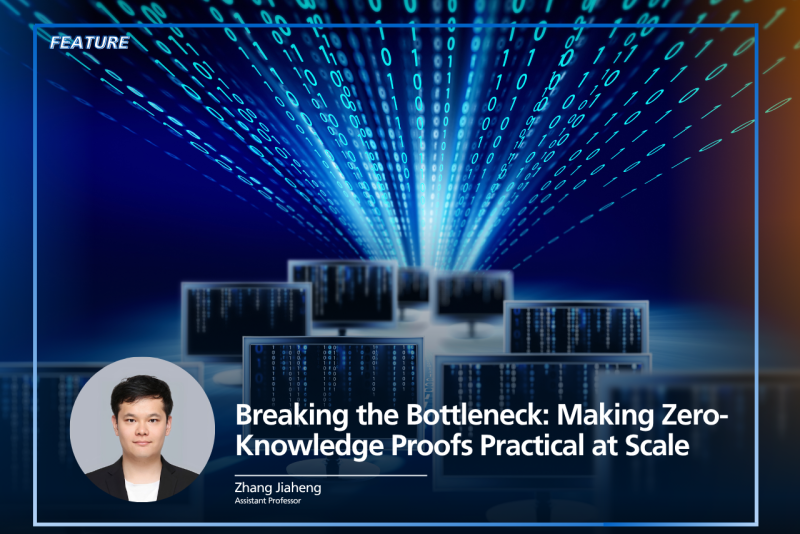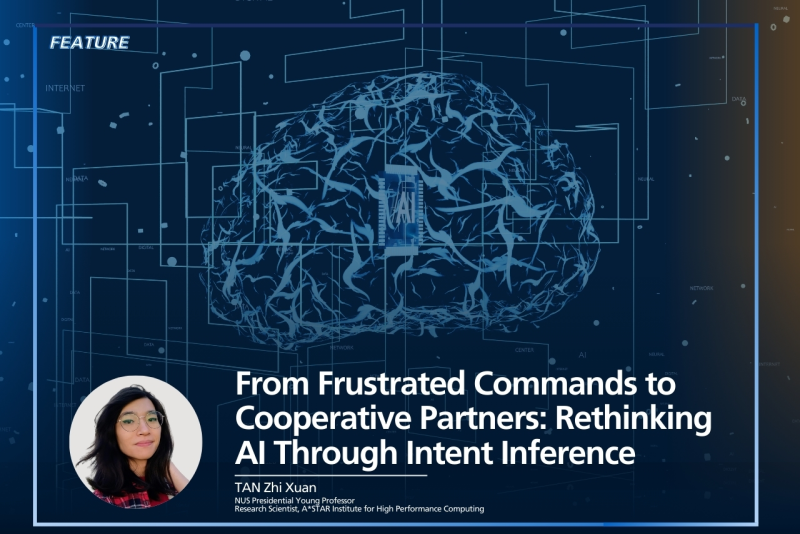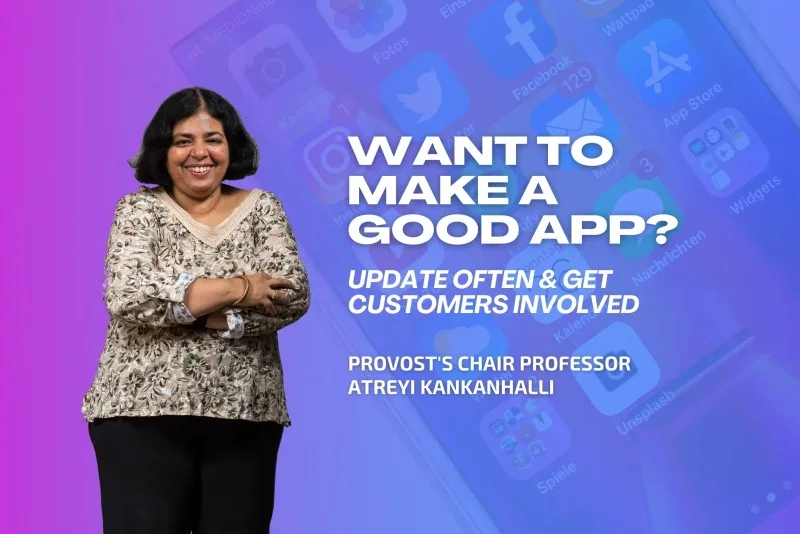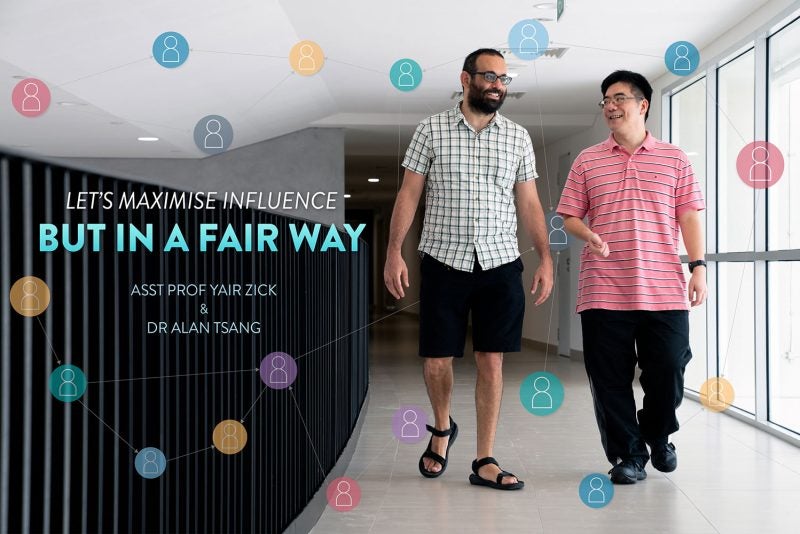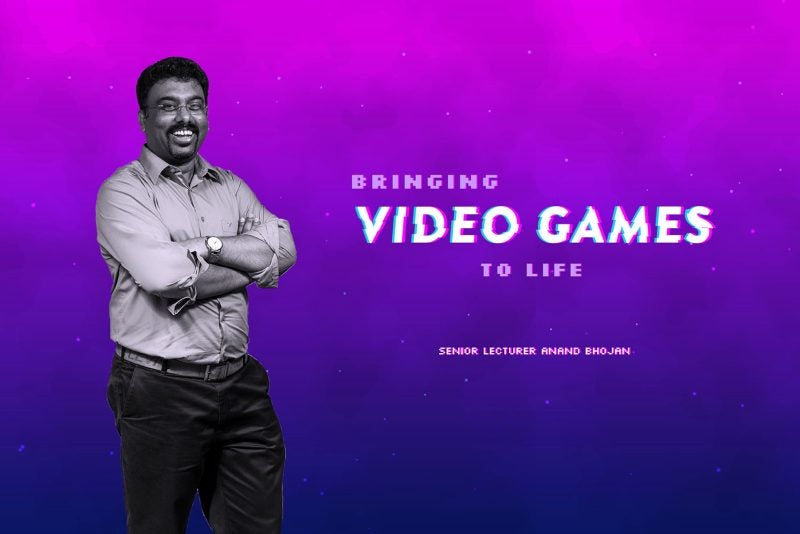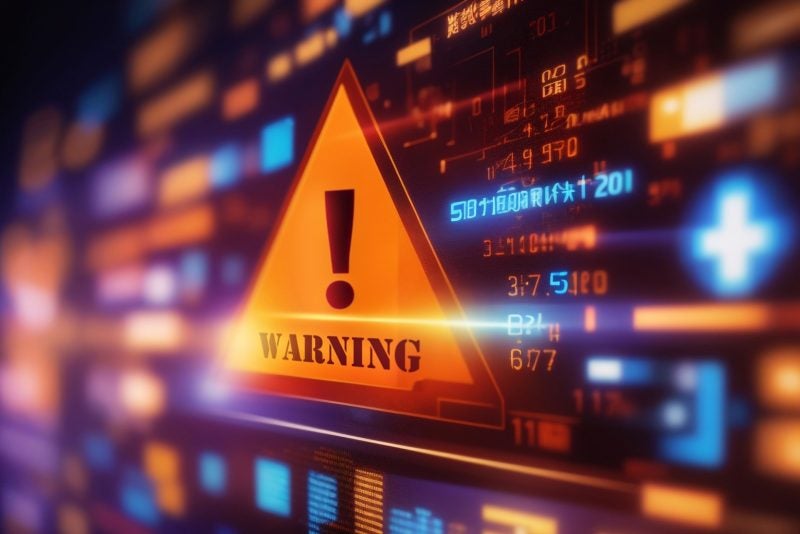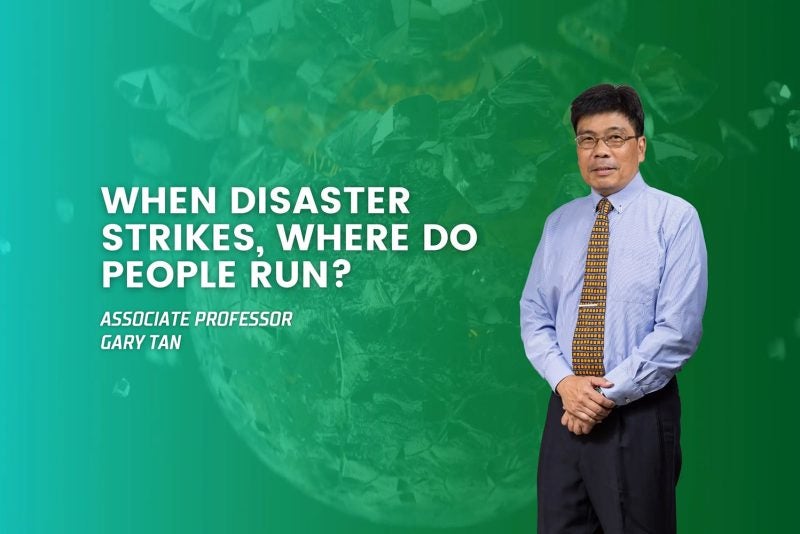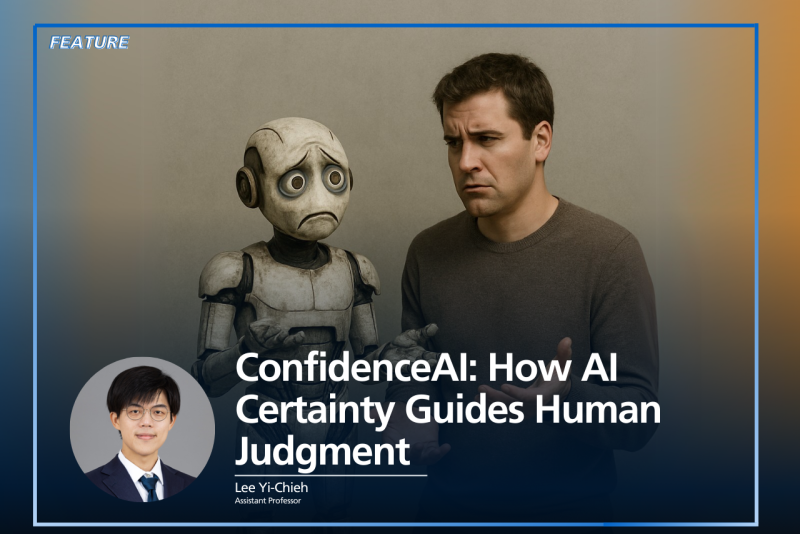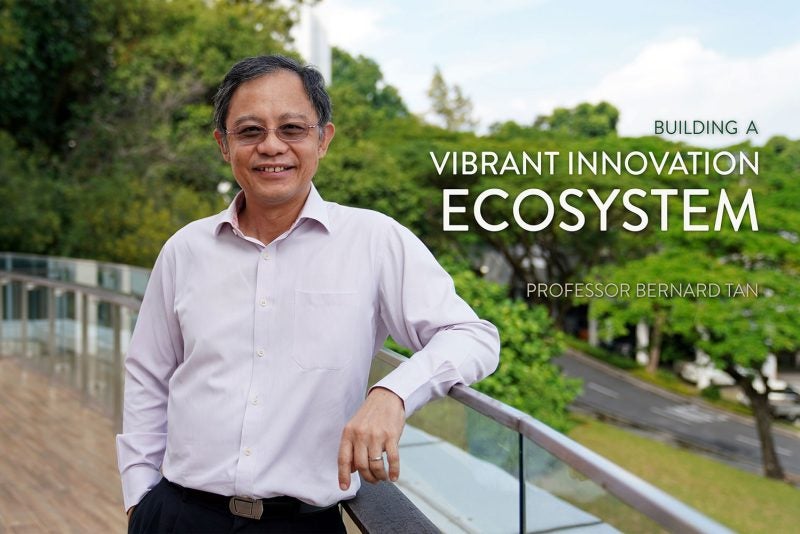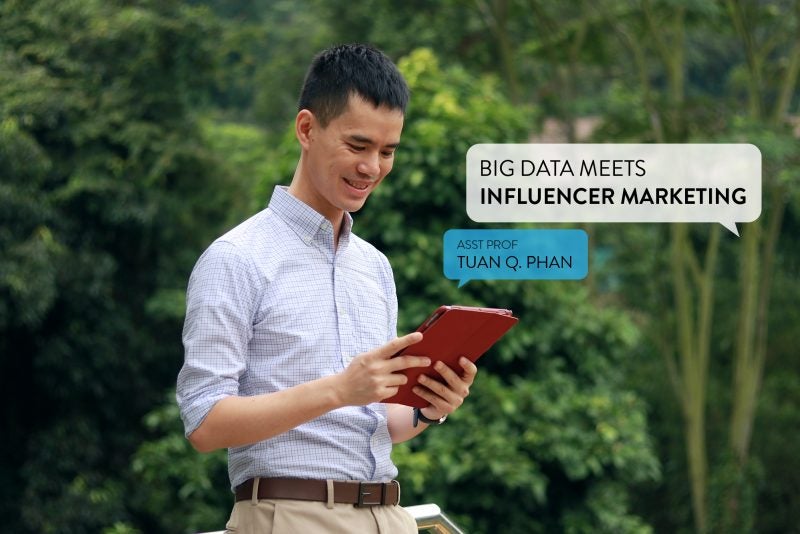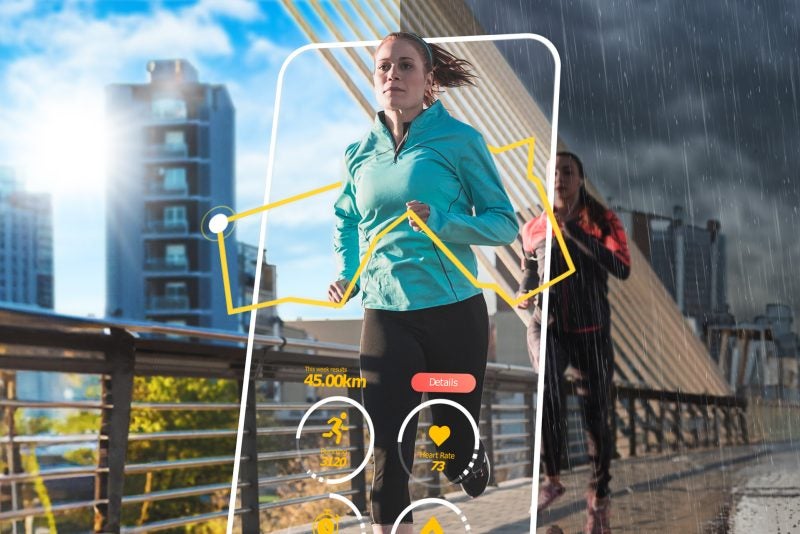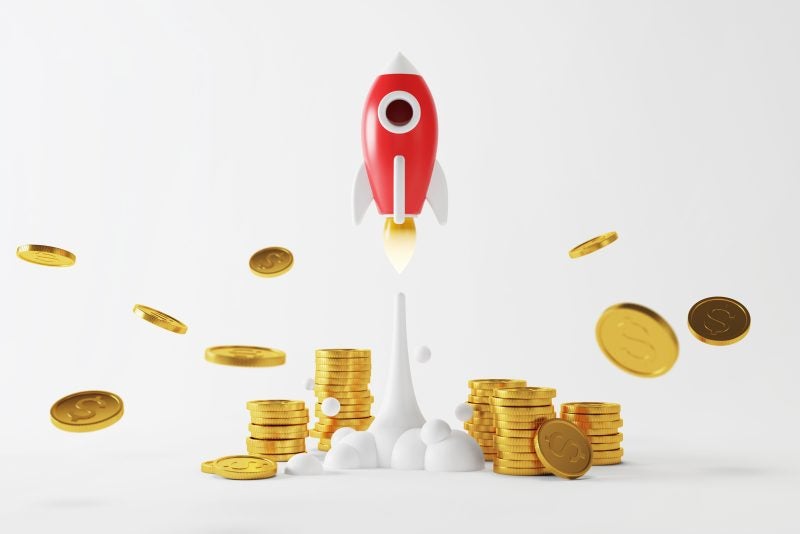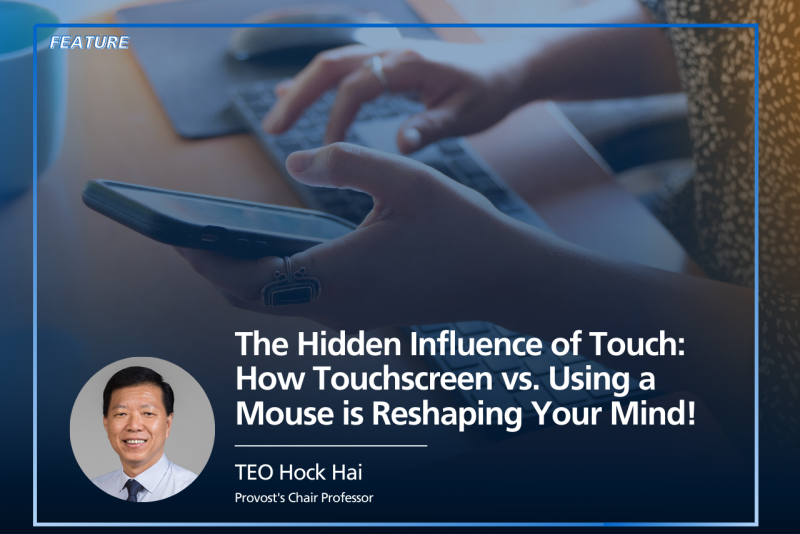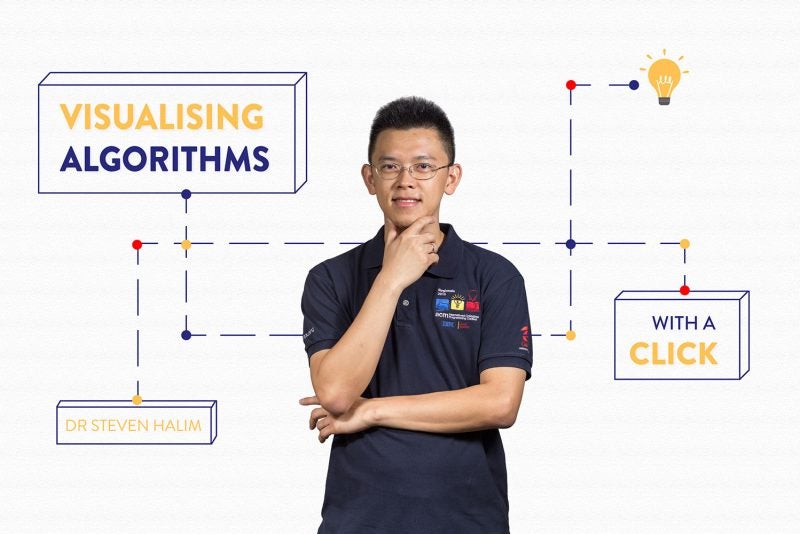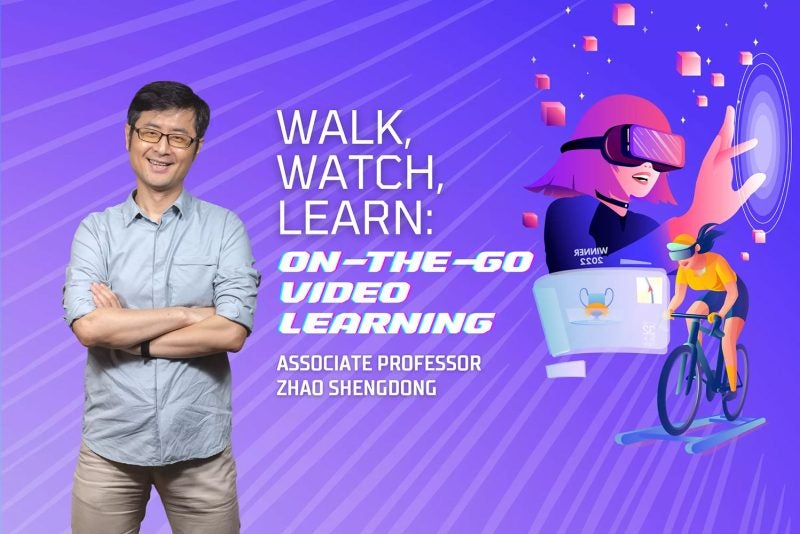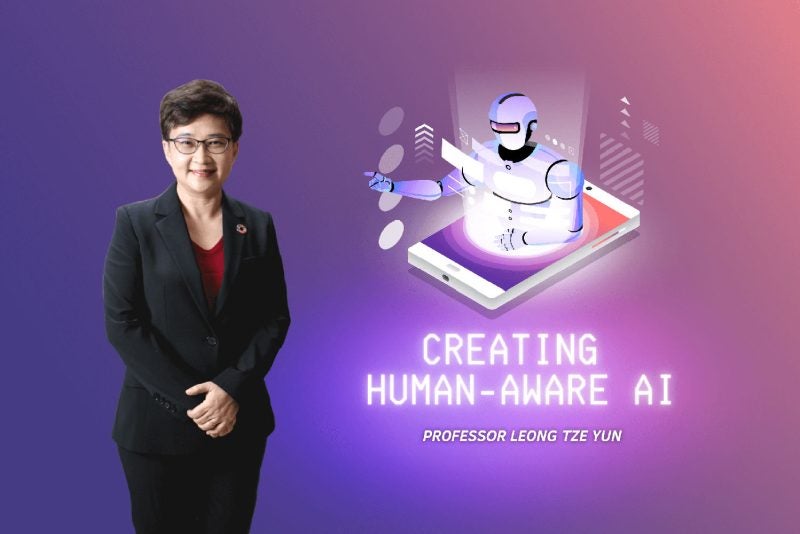Ripple Effects of Empathy: How a Distant Disaster Reshaped Global Microloans
Groundbreaking research from the National University of Singapore reveals the surprising global consequences of the 2014 Ebola outbreak—and what it teaches us about the psychology of giving.
A Disaster Felt Beyond Its Borders
When we think of natural disasters, we tend to imagine them as geographically bounded events. Earthquakes, pandemics, floods—they hit hard, disrupt lives, and dominate headlines, but they seem contained in time and space. Yet, Professor Bernard Tan, Shaw Professor in Information Systems and Analytics and Senior Vice Provost (Undergraduate Education), along with his former PhD students Ding Yi, Associate Professor at Warwick Business School and Xu Haifeng, Associate Professor at Antai College of Economics and Management at Shanghai Jiaotong University have recently shown, the psychological shockwaves of a disaster can travel much farther than the event itself.
In a paper led by researchers from NUS’s School of Computing, an interdisciplinary team has uncovered how the 2014 Ebola outbreak in West Africa had lasting and unexpected ripple effects on a different corner of global society: pro-social microlending. Specifically, their findings show that a major crisis in one region can indirectly affect lending decisions and patterns in other, seemingly unrelated parts of the world.
This research, which blends insights from behavioral economics, psychology, and data science, sheds light on how human empathy is directed—and misdirected—in times of crisis. It provides new understanding not only of the global microfinance ecosystem, but also of how we might better structure platforms like Kiva.org to ensure equitable support during global emergencies.
Microlending in a Connected World
To understand the significance of the study, it’s important to grasp how microlending works. Platforms like Kiva.org allow people from across the world to provide small, often interest-free loans to entrepreneurs in low-income regions. A single lender might contribute $25 or $50 to help a farmer buy equipment or a shopkeeper expand inventory. The goal is simple: help someone build a better life.
Microlending is built on pro-social motivation. It relies on the emotional drive to make a difference in someone else’s life. But what happens when the world is gripped by a crisis that dominates the global narrative—like the Ebola outbreak in 2014? That’s the question the NUS researchers set out to answer, using the outbreak as a unique case study. The Ebola epidemic was geographically constrained to three countries—Guinea, Liberia, and Sierra Leone—but it received massive global attention. That media focus created a surge in global empathy, but also disrupted access and delivery of aid to the very people most affected.
So what did pro-socially motivated individuals do when they couldn’t help those at the center of the crisis?
A Spotlight of Concern: Redirecting Help
This is where the study’s central finding comes in. Instead of abandoning their desire to help, many microlenders redirected their support to countries near, but not directly impacted by, the Ebola outbreak. In effect, empathy “spilled over” into neighboring West African countries. The researchers found that in these adjacent, unaffected regions, loan amounts briefly increased in the immediate aftermath of the outbreak. More notably, loans there began getting funded more quickly—and that trend persisted long after the crisis had passed.
In contrast, countries farther away—specifically those in East Africa—saw the opposite effect. Loan amounts dropped, and loans took longer to get fully funded. Even though these distant regions weren’t affected by Ebola and their underlying needs hadn’t changed, they experienced a tangible decline in support.
This redistribution wasn’t the result of a deliberate decision to ignore East Africa. Rather, it was an unintended consequence of what psychologists call “motivated information processing.” When a person feels a strong urge to help, that motivation shapes how they filter information and focus their attention. In this case, the global spotlight on West Africa narrowed people’s mental frame, leading them to view neighboring regions as more deserving or urgent recipients of aid.
The Psychology Behind the Numbers
The research was anchored in theories of motivated reasoning, especially outcome-focused pro-social behavior. When people can’t fulfill their desire to help those most affected—perhaps because loans aren’t being requested or conditions on the ground prevent aid—they still want to “do something.” As a result, they seek other targets nearby that can satisfy that emotional need to be helpful.
This proximity bias makes intuitive sense. If you can’t help the epicenter, help the people next door. The emotional halo of the disaster spreads, but not equally in all directions. Regions far removed from the crisis simply fall out of focus.
And this focus isn’t just short-lived. The study found that even after media attention faded and global interest in Ebola declined, lending patterns remained altered. Loans in unaffected West African countries continued to be funded more quickly. The researchers hypothesize that this may be due to increased familiarity—once people start supporting borrowers in a new region, they may build emotional or informational ties that lead to continued engagement.
Empirical Rigor: Connecting Real-World Data with Experimental Insights
What makes this research particularly compelling is the combination of real-world data and experimental validation.
The team analyzed microloan data from Kiva.org and found a statistically significant shift in lending behaviors before and after the Ebola outbreak. But they didn’t stop there. To test the psychological mechanism behind these shifts, they also conducted a randomized experiment. Participants exposed to disaster-related scenarios were more likely to choose borrowers located near the disaster zone and to give more generous support, echoing the patterns seen in the real-world data.
In short, the desire to help wasn’t just shifting geographically—it was shifting predictably, and based on psychological mechanisms that can be observed and measured.
Debunking Alternative Explanations
Good research anticipates and addresses potential alternative explanations, and this study was no exception.
Could the change in lending be due to the Kiva platform itself promoting loans in West Africa after the outbreak? The data said no—there was no significant evidence of algorithmic or manual promotion.
What about migration from affected to neighboring regions? The researchers ruled this out as well, citing strict lockdowns during the outbreak and consistent loan descriptions from neighboring countries that showed no unusual trends or references to Ebola-related assistance.
They even looked at other global disasters in 2014 and found none with the same visibility, severity, or media traction. Ebola stood alone, and its prominence seemed to be the clear driver of the lending shift.
Implications for Aid and Platform Design
These findings matter—deeply. They show that pro-social behavior, while well-intentioned, can have unintended consequences. When a crisis shifts our focus, it can result in a kind of silent harm to other communities, not because they need less help, but because they’re no longer in our line of sight.
For platforms like Kiva and others that rely on individual decision-making, this raises important questions about how aid flows are shaped by public attention. Should platforms design interfaces that deliberately rebalance visibility after crises? Could they use algorithms to ensure that lesser-seen regions aren’t unintentionally neglected?
For humanitarian organizations and policymakers, the findings offer insight into how attention and empathy are distributed. It suggests a need for broader strategies that mitigate the long-tail effects of global crises—not just at their epicenter, but across the entire system of aid and support.
A Call for Reflective Generosity
In a world increasingly shaped by complex global challenges, this research invites us to think more critically about how and where we offer our support. Our instincts to help are powerful and noble—but they can also be swayed by headlines, proximity, and emotional resonance.
The next time a major crisis hits the news, the NUS study gently suggests we pause before clicking that “donate” button or funding a loan. Are we helping where the need is greatest—or just where it feels most emotionally compelling?
By understanding how empathy works—and how it can be redirected—we can build a more mindful, more equitable approach to global aid. And that, perhaps, is one of the most important insights this research has to offer.
Further Reading: Ding, Y., Xu, H. and Tan, B.C.Y. (2025) “A Natural Disaster Reshapes Prosocial Microlending,” Information Systems Research, https://doi.org/10.1287/isre.2022.0723



